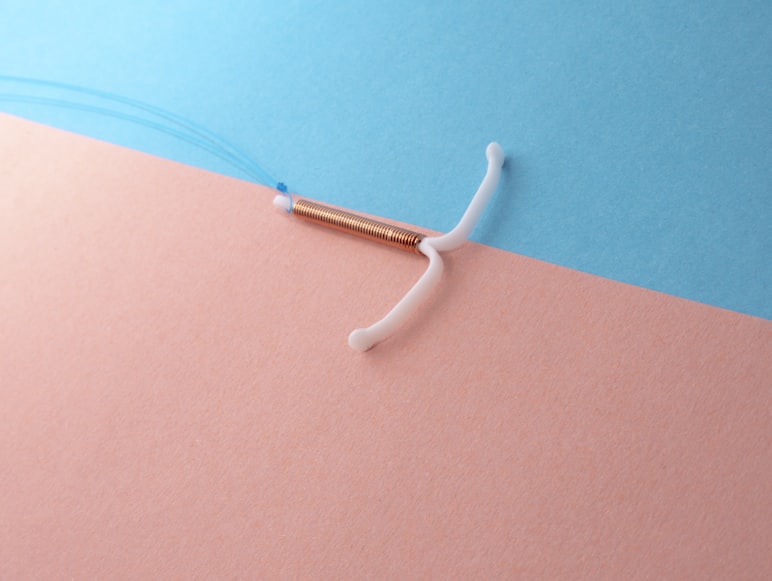Intrauterine devices (IUDs) are a popular form of birth control among women in the United States, with about one in 10 women using them. Among the various types of IUDs available, the Paragard IUD has been a favored choice since its approval by the FDA in 1984.
However, in recent years, the device’s manufacturer, Teva Pharmaceuticals, has faced a rising number of lawsuits from women who allege that the device has caused serious defects and complications.
But why are women suing Paragard over the IUD device? Let’s take a closer look.
Table of Contents
The Basics of Paragard IUD
Before we dive into the legal issues, let’s review the basics of the Paragard IUD. This long-acting, reversible contraceptive device is made of plastic and wrapped in a layer of copper wire. The copper creates an inflammatory response in the uterus that prevents fertilization and implantation of a fertilized egg.
Paragard is marketed as a highly effective and safe option for preventing pregnancy, with a failure rate of less than 1% and a lifespan of up to 10 years. It’s also a non-hormonal option, which can be appealing to women who prefer to avoid synthetic hormones.
The Alleged Defects and Complications
While Paragard may be an effective form of birth control for some women, others have reported serious complications after having the device inserted. These complications can require additional medical procedures, such as surgery to remove a broken or embedded device, and can lead to long-term health consequences.
Some of the most commonly reported issues include device breakage or fracture during removal, device migration or expulsion, perforation of the uterus or other organs, painful cramping and bleeding, and infection.
As a result, families across the country have begun to file the Paragard IUD Lawsuit. Over 1,000 cases have been consolidated in multidistrict litigation, according to TorHoerman Law, a law firm that has been dealing with such lawsuits.
Why Women Are Suing Paragard
Given the potential risks associated with the Paragard IUD, it’s not surprising that some women are suing the manufacturer. But what specifically are they alleging?
Here are a few of the key claims made in Paragard IUD lawsuits:
- Negligence: Some women allege that Teva Pharmaceuticals was negligent in designing and manufacturing the Paragard IUD, and failed to warn patients and doctors about the risks associated with the device.
- Defective design: Others claim that the Paragard IUD was defectively designed and that the company knew or should have known about the potential for the device to break, fracture, or migrate during removal.
- Breach of warranty: Some women allege that Teva breached its warranty by marketing the Paragard IUD as safe and effective when it was not and that they suffered harm as a result of relying on these claims.
- Failure to warn: Finally, some lawsuits allege that Teva failed to warn patients and doctors about the risks associated with the Paragard IUD, or provided inadequate warnings.
The Role of the FDA in Paragard IUD Lawsuits
The Paragard IUD was approved by the FDA in 1984, and since then, the agency has received thousands of adverse event reports related to the device. Some critics of the FDA alleged that the agency did not do enough to monitor the safety of the Paragard IUD or to hold Teva Pharmaceuticals accountable for any defects or complications.
However, it’s worth noting that the FDA has taken steps in recent years to increase the scrutiny of medical devices and to improve patient safety. In 2019, the agency launched the Medical Device Safety Action Plan, which includes initiatives such as improving post-market surveillance, enhancing device cybersecurity, and promoting the use of real-world evidence in regulatory decision-making.
In addition, the FDA has issued warnings and recalls related to the Paragard IUD in the past, such as a Class II recall in 2007 due to the potential for breakage during removal. While some critics argue that the agency should have taken more aggressive action, it’s important to recognize the role of the FDA in monitoring and regulating medical devices like the Paragard IUD.
What to Do If You’re Planning to Use Paragard’s IUD
If you’re considering the Paragard IUD as a form of birth control, it’s important to be aware of the potential risks and complications associated with the device. Talk to your doctor about whether Paragard is the right choice for you, and make sure you understand the potential side effects and complications before having the device inserted.
If you have already had the Paragard IUD inserted and are experiencing complications, don’t hesitate to seek medical attention. You may also want to consult with an attorney to learn more about your legal options.
In Conclusion
While the Paragard IUD lawsuit is ongoing, it serves as a reminder that it’s crucial for medical device manufacturers to prioritize patient safety and provide accurate information about the risks and benefits of their products. As always, make sure to prioritize your health and well-being in any decisions about your birth control options.

